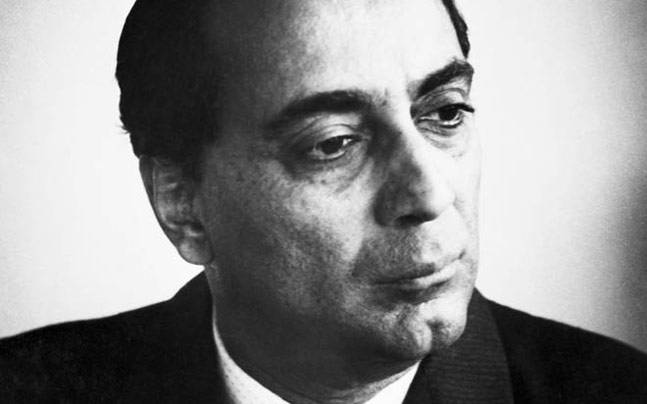It was this day in the history 53 years ago when India lost its pioneer in the country’s nuclear programme, Homi Jehangir Bhabha. If it was not for him, India might not have the prowess it has in the field today. As the nation remembers the contributions of the great scientist, we take you back to the key moments of his life.
Born: 30 October 1909
Homi Jehangir Bhabha was born in an influential wealthy Parsi family in Mumbai to father Hormusji Bhabha, a barrister and his wife Meheren. He was related to successful businessman Dorabji Tata.
Schooling
Bhabha did his schooling from Bombay’s Cathedral and John Connon School and Elphinstone College. Following this, he joined the Royal Institute of Sciences and then attended Caius College, Cambridge University. Later, Bhabha joined Cambridge University but left midway after realizing that mechanical engineering was not his cup of tea. In 1933, he published his first scientific paper “The The Absorption of Cosmic radiation”, he got his doctorate in nuclear physics.
Career
Published research paper along with Niels Bohr, titled, “The Passage of Fast Electrons and the Theory of Cosmic Showers”. He later accepted a position at the Indian Institute of Science, Bangalore, in a department headed by Nobel Laureate, CV Raman. He became the founding director of the Atomic Energy Establishment Trombey, now named the Bhabha Atomic Research Centre in his honour.
He envisioned a three-stage nuclear programme consisting of utilization of natural uranium, thorium and plutonium Due to this idea, he was called the father of India’s nuclear power programme.
1954: Received the third highest civilian award, Padma Bhushan
Death
Homi Bhabha died in a plane crash. He died when Air India Flight 101 crashed near Mont Blanc in the Alps on 24 January 1966.
Jaipal Singh Munda: The voice of tribals in the Constituent Assembly


















